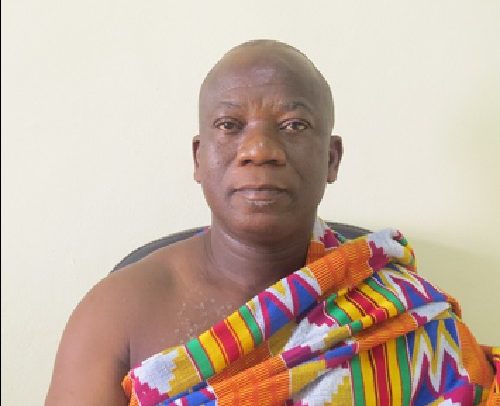
Delayed payments of compensation for compulsory acquired lands by the state have been cited as a major cause of land litigation and inadequate security of tenure in the country.
Dr. Benjamin Armah Quaye, National Coordinator, Land Administration Project (LAP) explained that the yet-to-be compensated owners become frustrated by the delays and resort to encroaching the land, leading to litigations.
He was speaking in Accra yesterday at a training workshop organised by Community Land and Development Foundation (COLANDEF) for media personnel on 'Customary land rights documentation in Ghana'.
Other challenges influencing land litigation in the country, he said were varied outmoded land disposal procedures, conflict of interests between stools and families, slow disposal of land cases by the courts and lack of consultation with land owners and chiefs in decision-making generating intractable disputes between the state and land owners.
Similarly, weak land administration systems which were characterised by reliance on inadequate and outdated legislation, inaccurate boundaries of stool lands, lack of adequate functional and coordinated geographic information systems and networks as well as poor capacity and capability of the various land delivery agencies fueled land litigation, Dr. Quaye noted.
These constraints, he said were to be duly addressed in the Ghana Land Policy, launched in 1999, which advocated a security of tenure and protection of land rights, implementation of a programme for the production of large scale maps and creation of a special court to deal solely with land cases.
He noted that the policy further called for collaboration with the traditional authorities and other land stakeholders to review, harmonise and strengthen customary practices, usages and legislation and establish service standards by improving delivery agencies' response to public requests within a reasonable timeframe.
The existence of land information system, a comprehensive district to national level planning framework, building of institutional capacity, review and consolidate all land laws into a comprehensive regulations, and among others, Dr. Quaye said were all proposed by the policy reforms in Ghana's land administration.
He explained that the LAP, which was being undertaken by the government with the support of the World Bank, was to address the challenges identified by the policy and establish sustainable and efficient land administration, simplify the processes for land acquisition, develop efficient land use and planning, among others, within 15 to 20 years from its implementation through programmes and legislation.
Executive Director of COLANDEF, Nana Ama Yirrah, stated that key among the challenges facing land acquisition and titling in the country, was an institutional and operational disconnect between the state and customary land authorities which propels land insecurity.
"We live in a country where 80 per cent of the land is owned by traditional authorities while government owns only 20 per cent. Although we purchase lands from these traditional authorities, all its registration and titling is done by the state system but they do not work together. They separately do their own things and in the end results in land litigations and tenure insecurities," she added.
A customary land secretariat, as proposed under the LAP, she said was necessary to serve as a repository of records of all land transactions,
A participant, Francis Abban, welcomed the education, saying that it would help media personnel to expand the conversation on land acquisitions and support stakeholders in implementing measures to tackle constraints in the sector.
Read Full Story


















Facebook
Twitter
Pinterest
Instagram
Google+
YouTube
LinkedIn
RSS